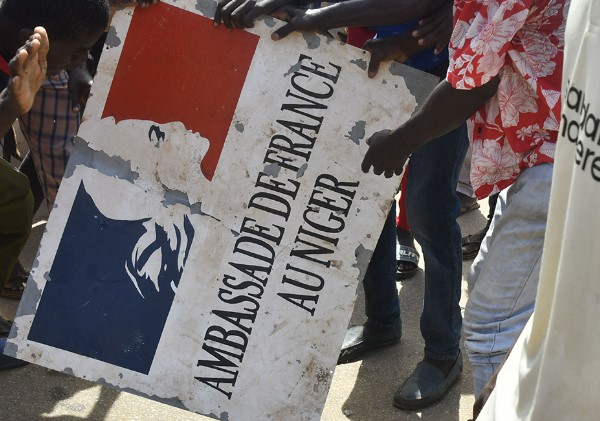The last few days have seen a new coup d’état in Africa, following the attempt in Sudan a few months ago that degenerated into an armed conflict.
This time the country involved is Niger, a strategic centre for several reasons, and one that would seem to be strongly interested in coming under Russian influence.
So let us see in detail what is happening in Niger. And what this conflict says about the new geopolitical phase that is opening up.
Table of Contents
Niger, what is happening and why Wagner is involved
Explaining what is happening in Niger is certainly not an easy task, since it requires analysis and reflection touching on several aspects.
What is happening in Niger, in fact, is the result of a long process. Starting from the French decolonisation of the 1960s, passing through a long period of non-democratic elections. And above all is the result of the economic and social condition of the country.
It is impossible, in fact, to explain what is happening in Niger without taking into account certain data. Niger is among the poorest countries in the world. This, despite the fact that 7% of the world’s uranium reserves are on its territory.
In 2021, in democratic elections, Mohamed Bazoum, considered by many to be the most pro-Western leader the country has ever had, was elected president.
Now, the coup has led to the installation of General Tchiani. He is a supporter of a pro-Russian line, in the hope that he can guarantee the country more resources, a cut in rampant corruption, and greater stability.
Evgeny Prigozhin, the head of Wagner, also expressed his support for the coup. Thus envisaging sending a thousand Russian mercenaries to support the coup.
Anti-French sentiment
One of the most obvious components of this uprising is the anti-French component. Which manifested itself in the attack on the French embassy, complete with the removal of its insignia.
Journalist Ibrahim Manzo Diallo, from Niamay, told:
“The participation was transversal, there were people of all kinds, anti-French sentiment is rooted here, it has always existed, now however it is amplified and ridden by Russian propaganda.”
The Elysée has already blocked aid to Niger, and imposed a one-week ultimatum. Which could perhaps benefit from the mediation of the deposed president’s predecessor, Issoufou, as well as the president of Chad and the Economic Community of West African States.
The geopolitical implications
The pro-Russian coup in Niger is critical for Europe for several reasons:
- it would mark the Russian control of a considerable slice of Africa;
- it would bring Russia a significant amount of uranium;
- it would deprive Europe of an ally in a strategic region.
However, as Charles Kupchan, Barack Obama’s former advisor and professor of international relations at Georgetown University in Washington, points out, the situation is even more delicate:
“The very conflict in Ukraine has shown how much of the global South has not sided with the US and its allies. Most countries in Latin America, South East Asia and Africa have remained, at the very least, on the sidelines. […] As if the West had lost its attractiveness to these worlds. All this while China is becoming increasingly competitive in this immense territory. Russia’s influence should not be underestimated either, as demonstrated by the recent St. Petersburg summit between Putin and various African leaders.”












